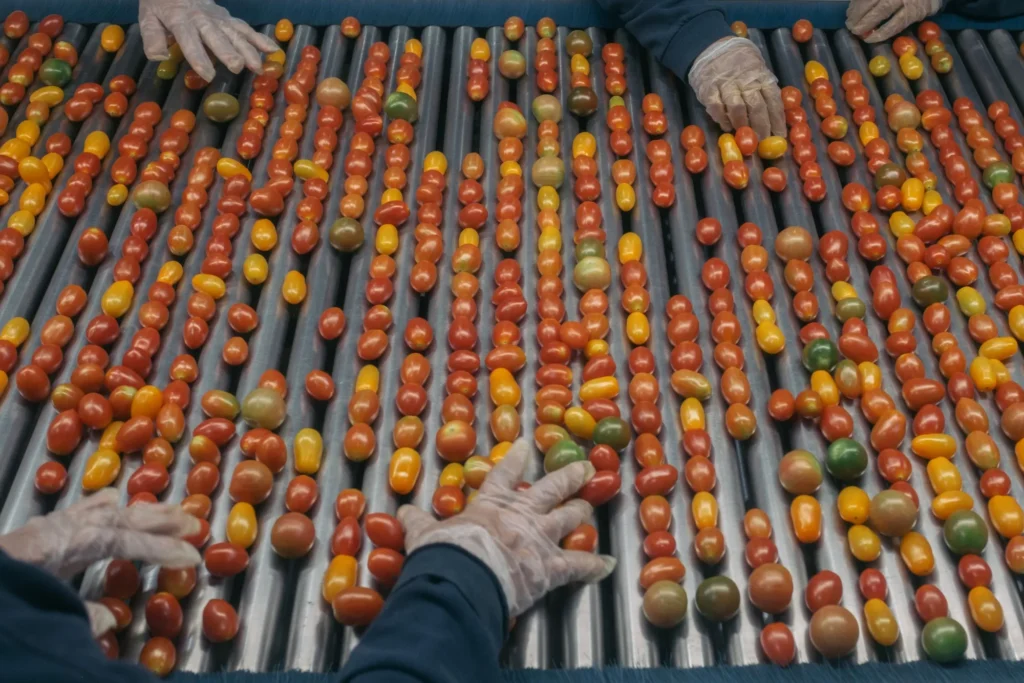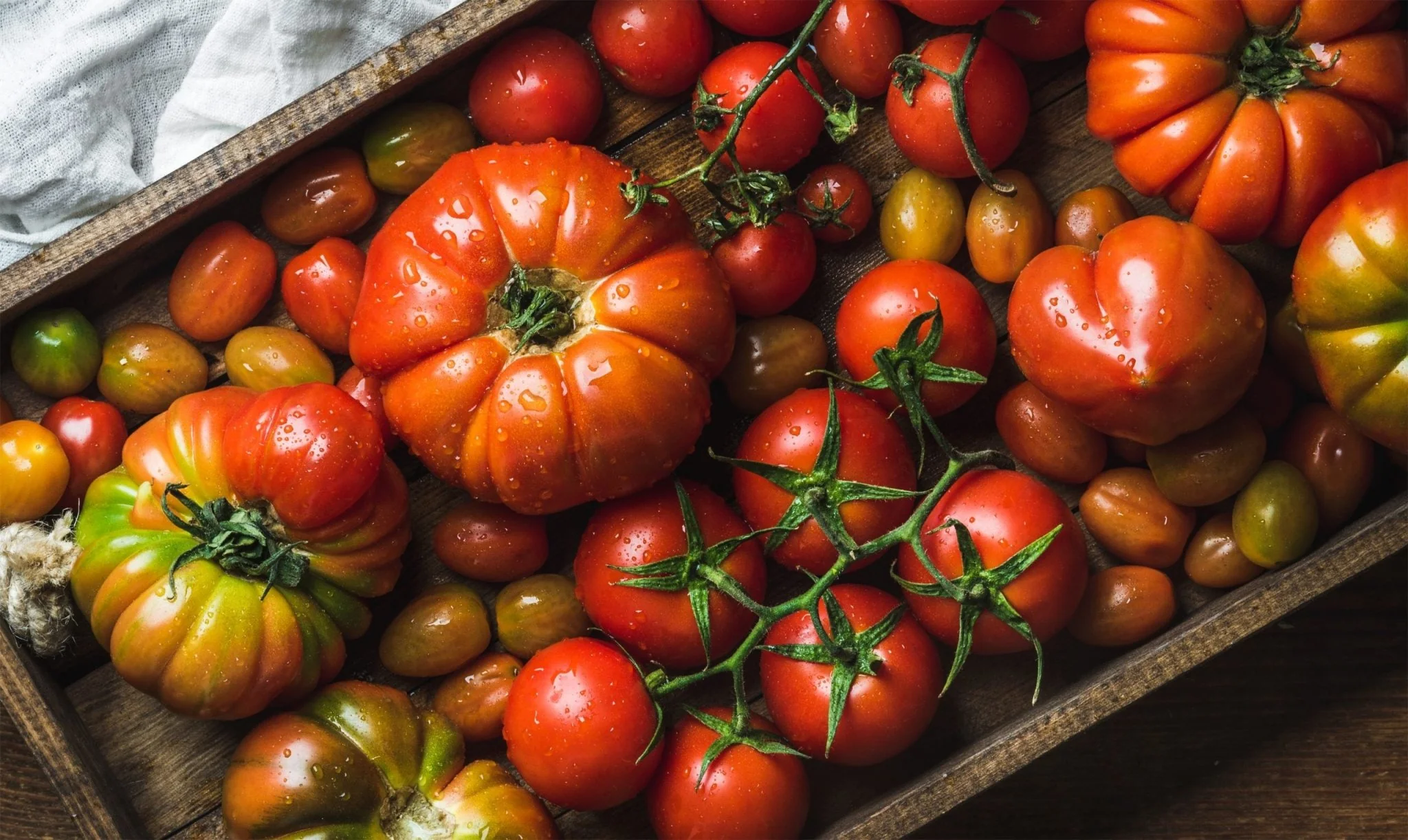Food & Climate
American farmers nationwide and the Florida Exchange applauded the announcement by the U.S. Department of Commerce which put on Mexican tomatoes tariffs and terminate the 2019 U.S.-Mexico Tomato Suspension Agreement, effective July 14, 2025.
It will impose 20.91% tariffs on most fresh tomatoes imported from Mexico.
Since 1996, Mexican tomato exports to the United States have been regulated by the Suspension Agreement, a mechanism that put an end to an investigation for alleged dumping — the practice of selling products below their actual cost to gain market share.
This agreement has been renewed five times, most recently in 2019, when Donald Trump’s first administration temporarily suspended the treaty, until Mexican producers agreed to a minimum price per pound of tomatoes, in addition to enhanced inspections.
However, Florida tomato producers have long claimed that Mexican farmers continue to engage in unfair practices. “They say, ‘he’s not really selling the tomato at the real price he should sell it. He’s offering it below the real price to take over the market.’ (…) That’s what’s called, in simple words, cheating”, explained Mexican Secretary of Agriculture and Rural Development, Julio Berdegué Sacristán. “In our view, it has never been proven, nor can it be”, according to a report seen by “Food & Climate” platform.
Mexican tomatoes exports
The consequences will not be exclusive to Mexico. The U.S. market itself will also be affected, primarily in the final price paid by consumers. Julio Berdegué was clear: “Their tomatoes are going to be more expensive. Their salads will cost more. They can’t replace us, because there aren’t a bunch of other countries producing this quantity of excellent tomatoes at such a convenient price. If they don’t want to buy from us, they’ll simply pay 21% more.”
According to official figures, 90% of the tomatoes the U.S. imports come from Mexico, and 6 out of 10 tomatoes consumed in the U.S. are grown in Mexico. Raising the price by over 20% will directly impact the cost of living for millions of families and restaurants.
In 2024, Mexico exported 1.88 million metric tons of tomatoes, valued at $3.339 billion USD, according to the Agricultural Markets Consulting Group (GCMA). Of that total, 98% was destined for the U.S. market.
For 2025, exports are projected to reach 1.91 million tons, although this estimate could change drastically if the new tariff is implemented.

Tomatoes hold a strategic position in Mexico’s agricultural economy: it is the country’s third most important agro-export product, behind beer and avocado. Its value chain generates over 400,000 direct and indirect jobs in Mexico, according to official data.
President Claudia Sheinbaum has stated that she will seek diplomatic dialogue to resolve the conflict, while stressing that dumping investigations are neither new nor unique to this sector. The Secretary of Agriculture reminded that Mexico also has active antidumping investigations against products such as U.S. chicken.
“These measures, these antidumping investigations, are common. Not new, not from yesterday, they’ve been going on for a long time,” Berdegué reiterated.
For Mexican producers, it will mean a potential loss of competitiveness against other producing countries, although it’s important to note that there are no immediate alternatives to Mexican production in terms of volume and quality, which remains a relative advantage.
For the Mexican economy, it represents a direct threat to a key income source: in 2024, tomatoes were the fifth most valuable agro-food export, only behind beef, avocado, tequila, and beer.
For U.S. consumers and distributors, the price hike could impact both households and food businesses, especially in states where tomatoes are a dietary staple, according to “Merca 20”.
Florida Tomato
“This is a major victory for American agriculture,” said Robert Guenther, Executive Vice President of the Florida Tomato Exchange, in a recent press release. “For decades, American tomato farmers have suffered from unfair trade practices by Mexican tomato exporters. Terminating this agreement and enforcing U.S. trade laws is the only way to finally give domestic growers the relief they’ve long deserved. We thank the Administration for standing strong in support of American farmers and the rule of law against unfair foreign trade practices.”
The Department’s decision comes in response to a 2023 petition from the U.S. tomato industry, which was backed by more than 60 bipartisan Members of Congress from 11 states, the American Farm Bureau Federation, state Farm Bureaus from all nine major tomato-producing states, and 15 fruit and vegetable trade associations across the country.
Despite five suspension agreements since 1996, Mexican tomato companies have continued to dump product into the U.S. market, undercutting American growers and circumventing enforcement mechanisms. Since the first agreement, Mexican tomato imports have surged nearly 400%, capturing over 70% of the U.S. market. During that same period, the U.S. industry’s market share has dropped from 80% to 30%.
In 2019, the U.S. Department of Commerce found Mexican tomatoes were being dumped in the United States at high margins, and the U.S. International Trade Commission unanimously confirmed the material injurious effect of that dumping on the American tomato industry. The decision enforces those findings and moves to restore fair competition in the marketplace.

“The tomato suspension agreement failed American farmers,” said Guenther. “It has been impossible to enforce and easy to evade. The action finally ends the cycle of harm that has decimated the American tomato industry over nearly three decades”, according to “Blue Book“

